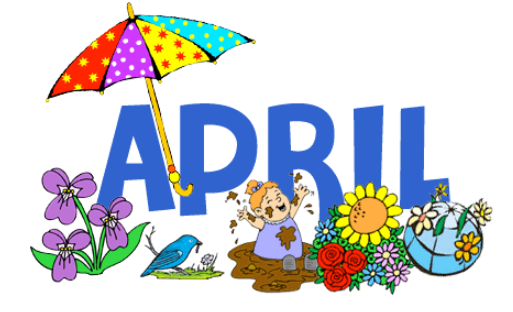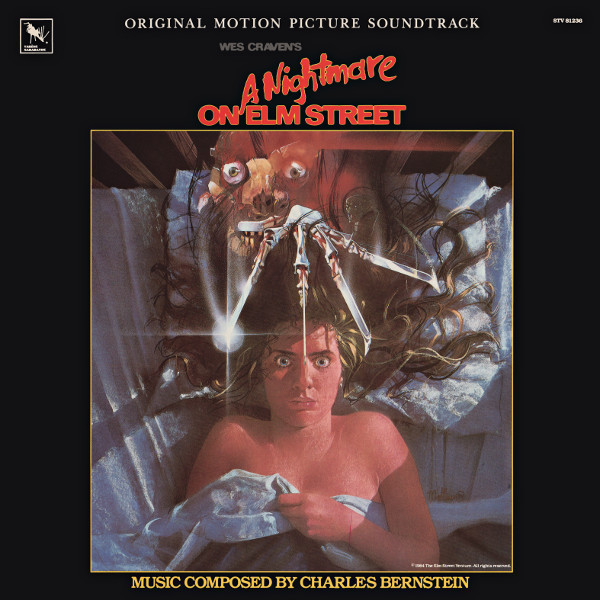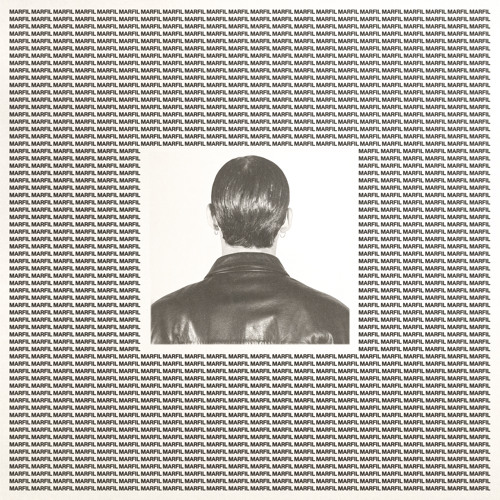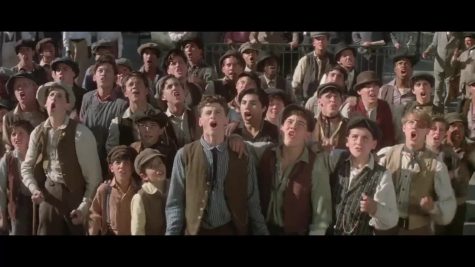Horror on the stage recalls horror film
DVD review: Dial M for Murder
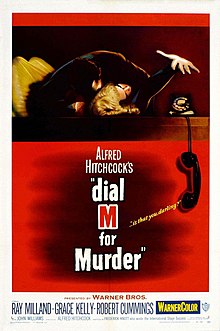
The original movie was first a play, like the one recently performed in England.
Last year, a theater performance of the play “Dial M for Murder” ran in England. It was a performance that reflected the horror of the Alfred Hitchcock movie from 1954, which was originally a play. Matthew Forrester wrote a review about the play that ran in The Reviews Hub. That review is shared below. Let us know if you’d be interested in renting the original film, now that you’ve read the review. We’re curious.
It has to be said that it made for a refreshing change to see a piece of crime fiction for a change. With all the true documentaries that were available on various streaming platforms throughout the pandemic, it was with genuine anticipation that one watched Dial M for Murder.
It’s nearly 70 years since Frederick Knott’s play became a huge theatrical success in both London and Broadway. However, it was when the Master of Suspense, Alfred Hitchcock, who brought it to the silver screen in 1954, that its popularity rose to even greater heights.
For its latest incarnation, director Anthony Banks has shifted the action to 1960’s ‘swinging London’, where frustrated housewife Margot is in the midst of a passionate affair with television screenwriter, Max Halliday. Despite the clear bond between the two, Margot states she will never leave her husband, Tony, a retired former tennis player. Margot informs Max that whilst he has been working in America, a chain of events occurred whereby Margot was being blackmailed, but the blackmailer didn’t take the money.
It is later revealed that Tony is all too aware of his wife’s unfaithfulness and that it is he behind the blackmail, however, he has more than extortion in mind. He wants his wife dead, so a plan is hatched with an old school friend, Charles Swan, to execute the perfect murder. However, things don’t go quite to plan and what follows is a game of bluff and counter bluff to see if justice will be served on the guilty parties.
Tom Chambers is in fine form as the monstrous, scorned husband, Tony. His performance is unhinged, slimy and downright sinister. Putting his time on “Strictly” to good use, he glides around the stage like a man possessed, however, it’s done with so much poise and grace that it adds more menace. It’s a testament to how good Chambers is that you find the character of Tony utterly loathsome the moment he arrives on stage and by the end there is part of you rooting for him just a little.
Diana Vickers gives a solid performance as Margot. Her initial introduction is exposition-heavy and once freed from this she grows into her character. It’s a restrained performance, especially as it could so easily have strayed into melodrama. Her chemistry with co-star Michael Salami as Max is there for all to see, which allows you to invest in their relationship. How much the two care for each other is pitted perfectly against the protagonist’s obsession for revenge.
Last but by no means least is Christopher Harper, in a dual role, first as Captain Lesgate / Charles Swan and later Inspector Hubbard. Harper gets to perform an acting showcase, first with a measured, somewhat desperate turn as the reluctant accomplice Swan. Whilst as Inspector Hubbard, plays it more for laughs than straight, for me it’s the former that works more than the later.
Lizzie Powell’s fantastic lighting design works perfectly, shifting effortlessly from the bright colors of sitcoms of the 1970’s not the more atmospheric, claustrophobia of 1940’s ‘Film Noir’. This marries perfectly with David Woodhead’s set design: the posh, but unassuming flat is very much a character in itself, with its huge glass door way to the outside world, and its sneaky little kitchen hideaway. It’s complicit to the lies and depictions that have occurred in its four walls.
There is a great deal to admire from Bank’s adaptation. Whilst not perfect, this is still a satisfying night at the theatre. The decision to have the cast acknowledge the, at times absurdity of the plot, leads to some darkly comic moments, and gives the production a playful quality: this is more farce than thriller. Whilst still containing moments of genuine tension, this is not the thriller some would expect which on the whole leads to a better experience. (https://www.thereviewshub.com/dial-m-for-murder-the-lowry-salford/)


